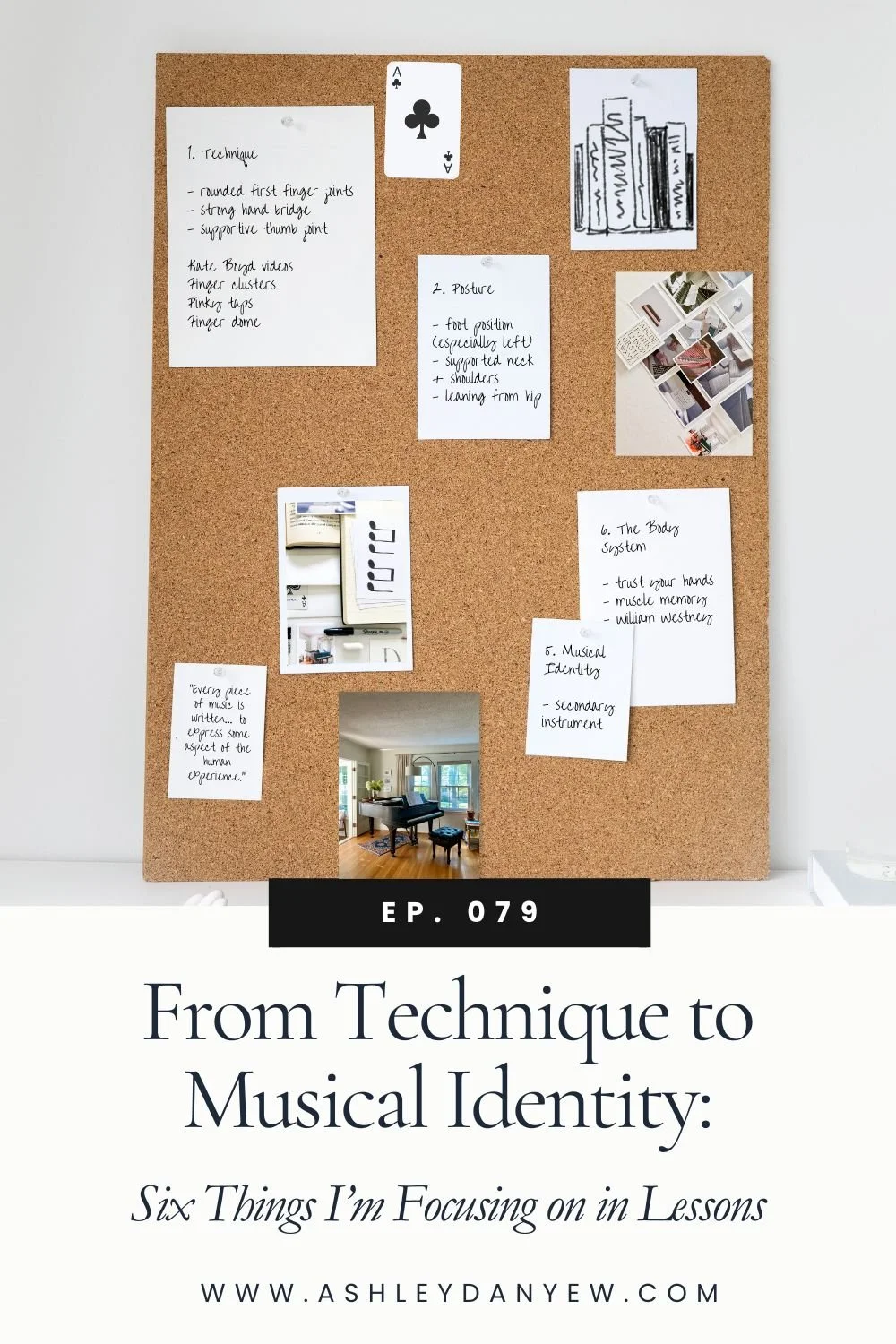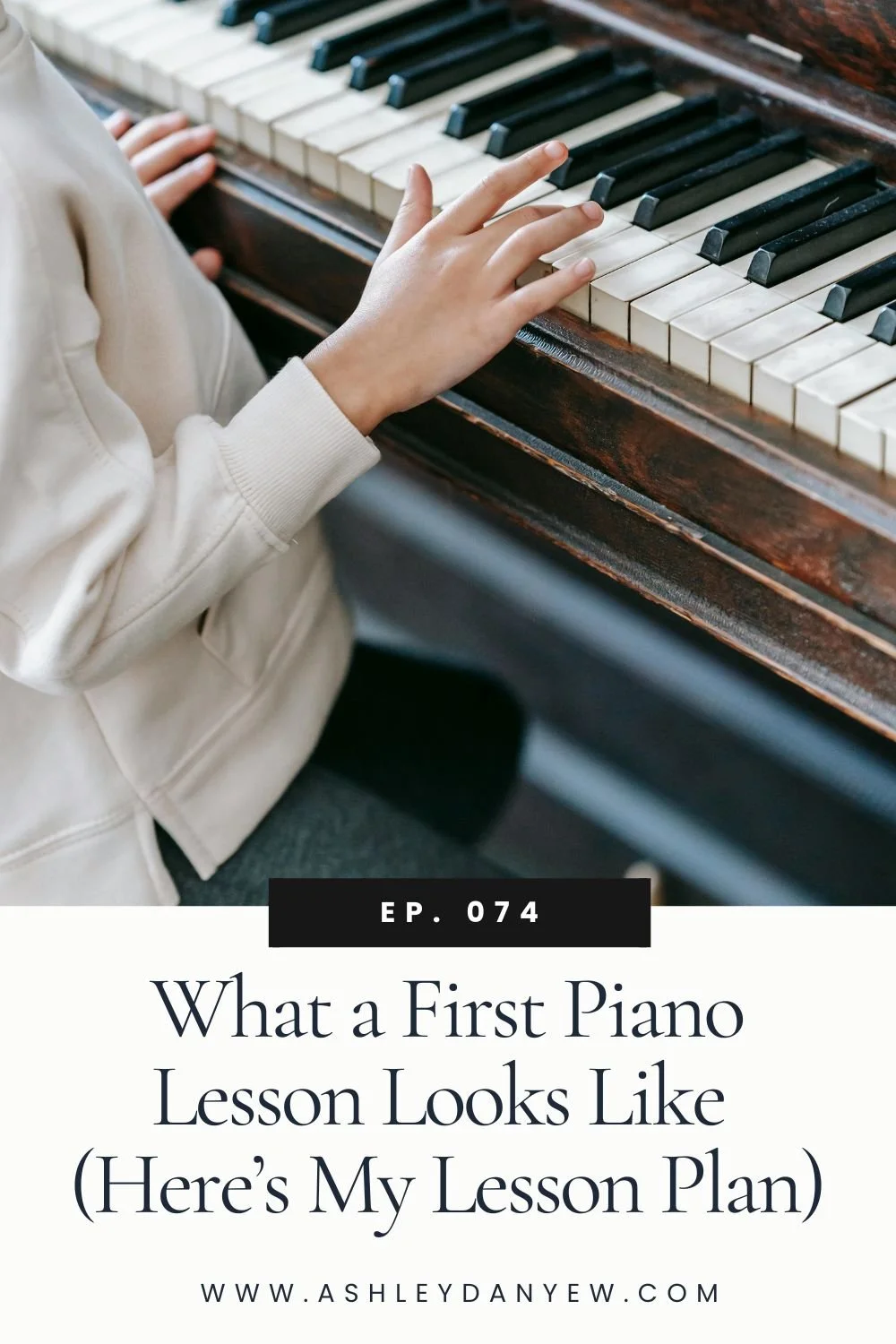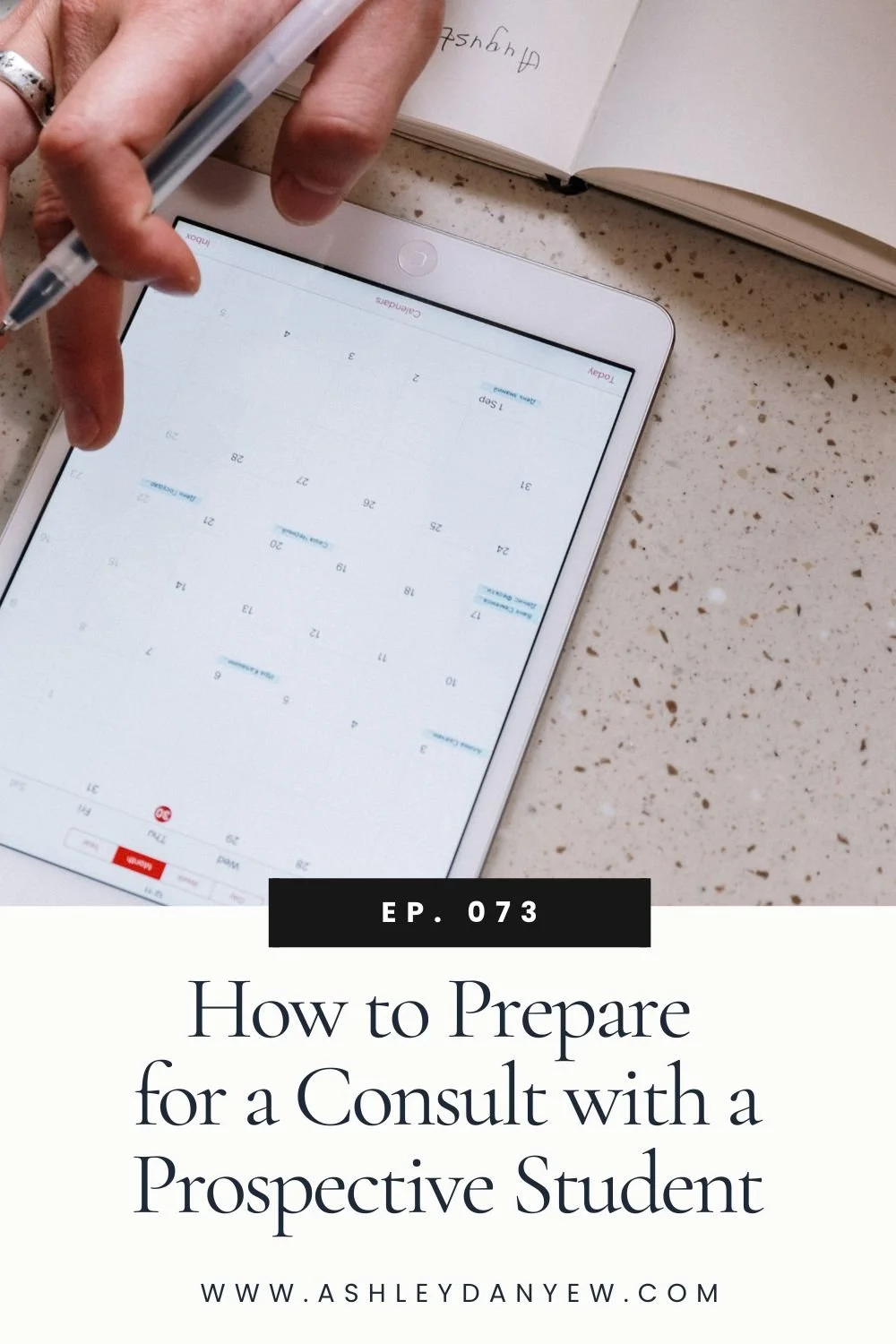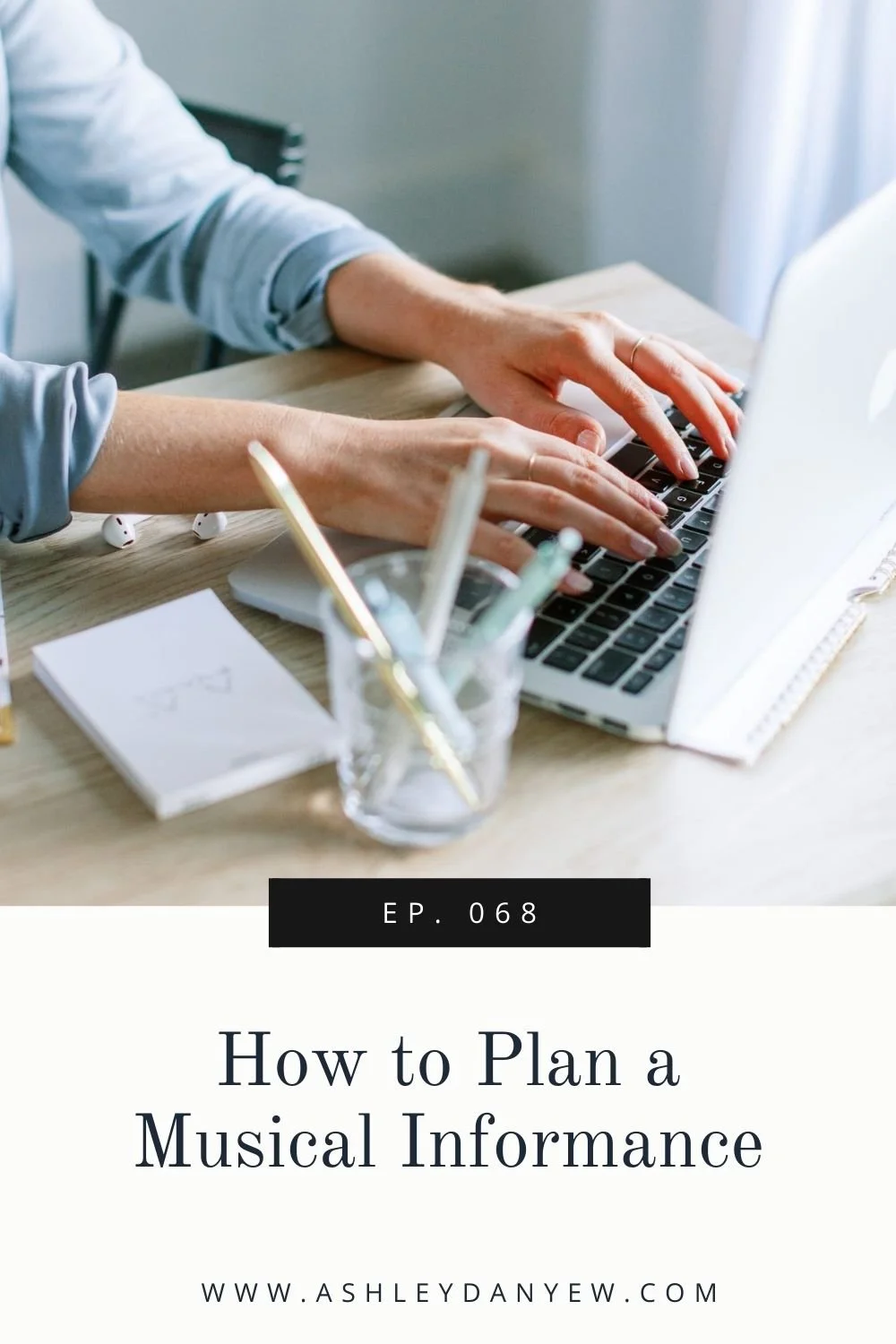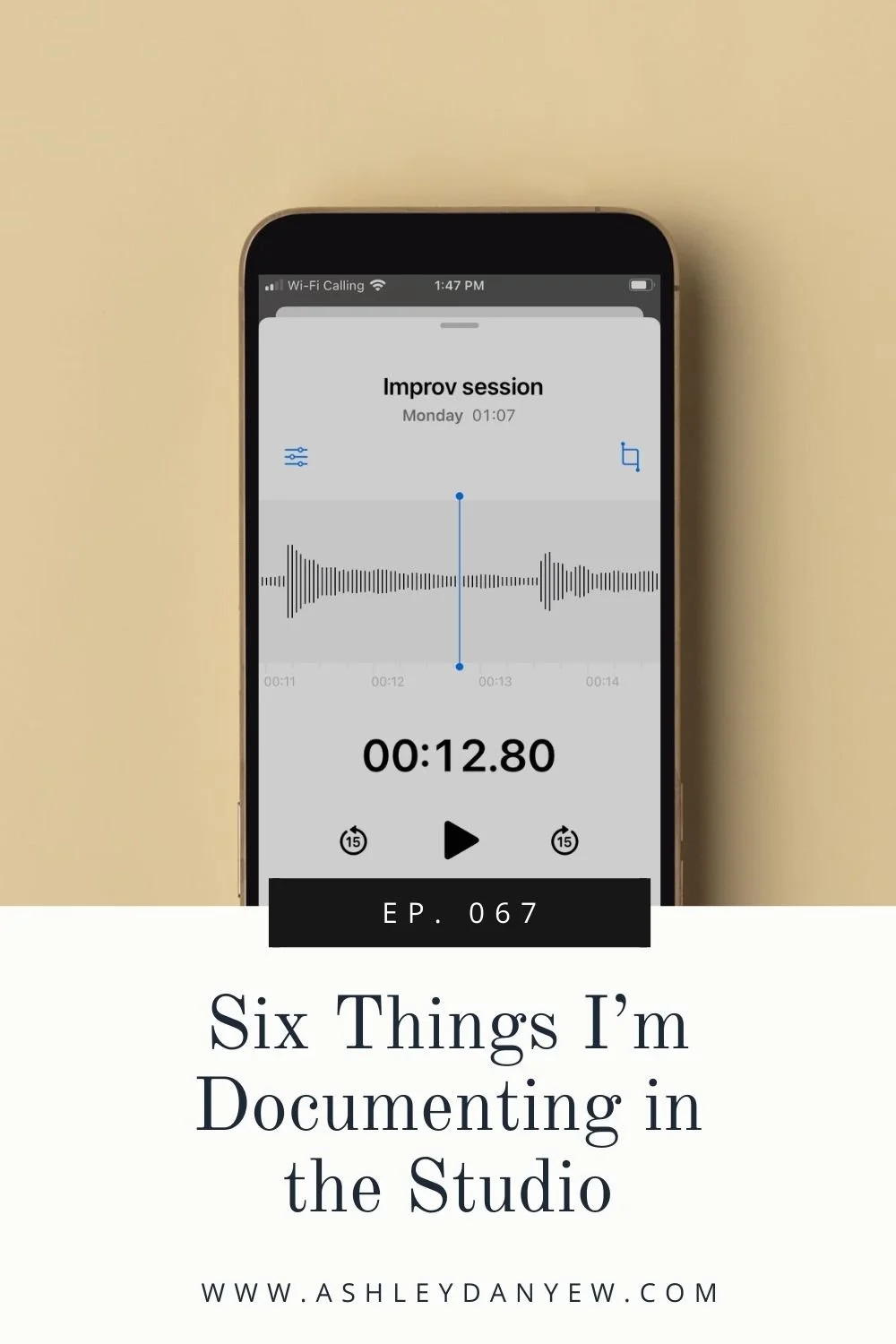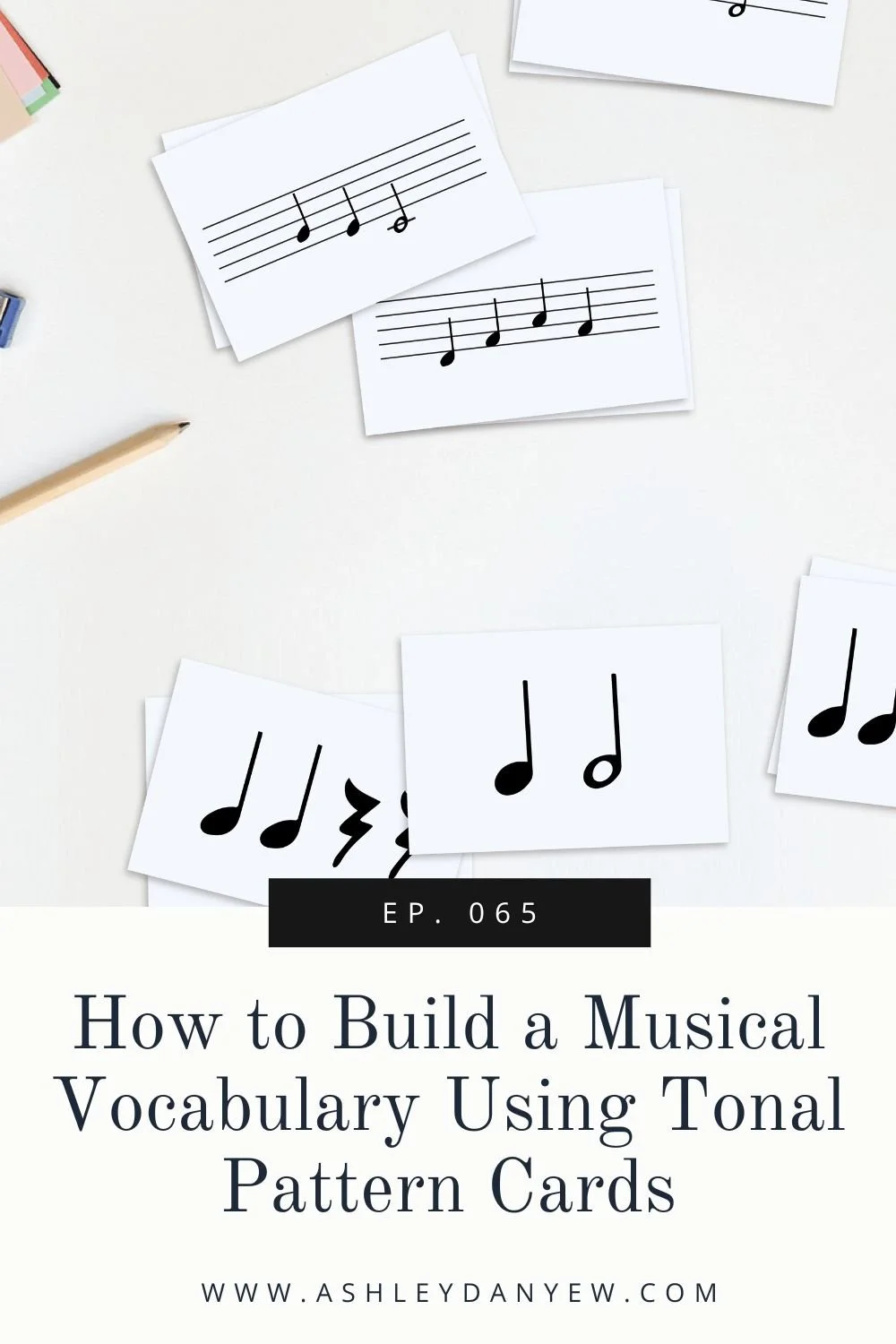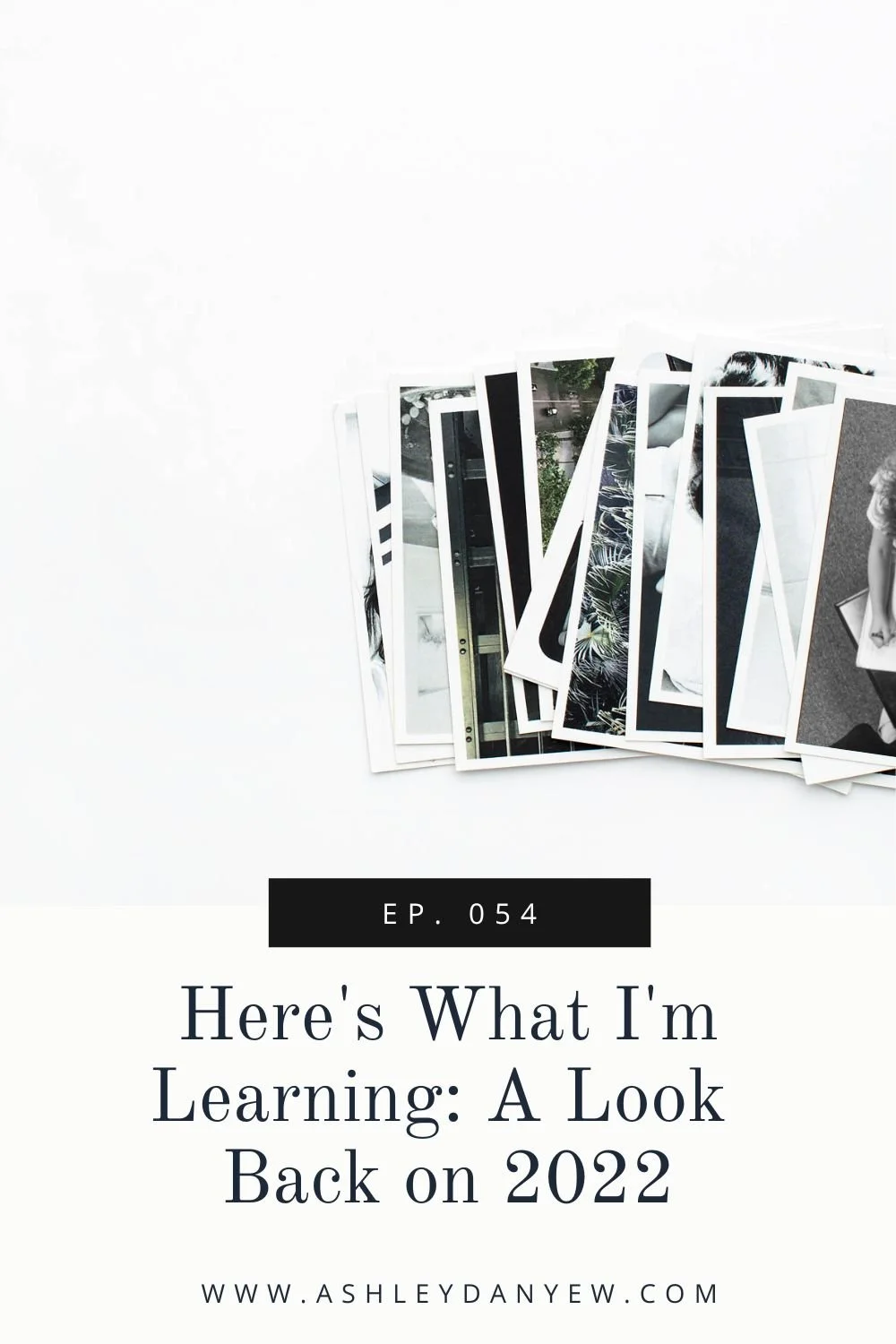Resources Mentioned
Plan Your Life Without Becoming a Robot - free 4-day mini-course by Kendra of The Lazy Genius Collective
Happy New Year!
If you’re like me, you’re spending some time around now reflecting on the past year and making big plans for the year to come.
I love setting goals, specifically ones that are intentional and strategic and help me become a better version of myself; goals that have a purpose and a “why” behind them.
As musicians, teachers, leaders, and creators, we’re never done learning (and I think that’s a good thing!). We’re constantly seeking out new ways to do things, new strategies to help us be more effective and prioritize what matters, new musicianship skills to develop, new ways to reach and inspire the people we work with. We’re curious about the world and the people in it—how things work, why certain things happen the way they do, what learning looks like.
I think it’s because we know deep down that there’s always room to grow.
Goal-Setting for Music Teachers
Today, I want to talk about goal-setting in the context of our work as musicians and educators. But before we get into that, I want to talk about the goal-setting process as a whole. If goal-setting is new for you, or if you’re looking for some extra motivation to get started, I want to share a couple of resources that I’ve found to be really helpful.
Lara Casey has a free goal-setting series on her blog every year—a helpful step-by-step process for mapping out what your priorities are, getting clarity, and breaking down your big-picture vision into small, achievable action steps
Kendra of The Lazy Genius Collective has a free 4-day mini-course on goal-setting called “Plan Your Life Without Becoming a Robot.” She describes goals as “a purposeful direction, not a destination,” which I think is on-point. By setting goals, we’re making an intentional choice to move in a certain direction in whatever part of our life. There’s power in that, in making a decision, in doing something with purpose.
So, on that note, as you think about your goals and where you’re headed this year, I have three questions for you:
What kind of musician do you want to be?
What kind of teacher do you want to become?
What is your #1 teaching-related goal?
The purpose behind these questions is to help you think about who you want to become—as a musician, teacher, artist, creative, mentor, leader, etc. and why that’s important to you.
Let’s dive in a little deeper on each of these questions.
Free Teaching Reflection Workbook
Download this free 5-page Teaching Reflection Workbook with writing prompts and space to reflect and write out your goals for the coming year.
Question #1 - What kind of musician do you want to be?
In music school, this is a question we’re asked constantly. Every class, every lesson, every concert is an opportunity to move the needle, to inch closer to that version of ourselves that we strive for.
And I think there’s a part of that striving for excellence that stays with us even after we graduate—a commitment to not settling, to continue learning and doing things that challenge us or make us feel like we’re stepping a little outside our comfort zones.
As a professional musician, though, this question can feel a little overwhelming. The learning process is never-ending. And striving for something that feels unattainable can be defeating.
But that doesn’t mean it’s not an important question to ask; perhaps it just needs a little reframing.
What if, instead of thinking of it as all the musicianship skills you haven’t yet mastered, it became about your musical persona, the things that characterize you as a musician and artist and teacher. What sets you apart? What inspires you, motivates you, challenges you? What do you love about what you do? What keeps you coming back?
Once you have some of those things in mind, how can you continue to foster and cultivate those things this year? Maybe it’s making a point to attend a concert every month or carving out time to sit down and play your instrument for fun once a week. Maybe it’s signing up for a class or doing some good old-fashioned score study. Maybe it’s learning a piece by ear or collaborating with other professionals in your community. Maybe it’s making a practice of sight-reading.
Spend some time thinking about the kind of musician you are and want to be and write down a few goals related to that.
Question #2 - What kind of teacher do you want to become?
I love this question because it speaks to the fact that we’re always evolving as teachers and educators—the students we teach and people we work with grow and change from year to year and it’s impossible for us to stay the same, to teach the same way we did last year. We learn as we go and every year offers us a new opportunity to connect and inspire and motivate those we teach in new and creative ways.
As a teacher, I want to be intentional with my time, to plan out some big-picture goals for my students, but also to remain adaptable and flexible in our week-to-week lessons. I don’t want to be so tied to my plan that I miss the opportunities for learning that are embedded in the small, in-between moments. I want to be present, I want to be a good listener, and I want to inspire creativity and the pursuit of musical excellence in my students.
What about you?
What have you learned about teaching this past year? Even if you weren’t in a teaching position last year, what have you learned from watching those around you, from observing your own teachers? What’s important to you and how can you move toward those things this year?
Question #3 - What is your #1 teaching-related goal?
These goals are things you can do to inspire and motivate those you teach or direct, help them grow, and help them reach their full potential. Maybe this means finding time for reflection during the year so you can examine and study what’s working in your teaching and what’s not working and revise your process accordingly. Maybe your goal is to find more consistent ways to foster musical creativity in your teaching. Maybe you want to be more present—less frantic or scattered or distracted—so you can give your best self to those you’re teaching.
For me, I want to talk less and listen more. I want to look for ways to communicate more efficiently while also giving my students more space to think for themselves and come up with their own creative solutions.
What about you?
What’s your #1 teaching-related goal for this new year?
Now that we’ve spent some time talking through these three questions, I want to close with a little encouragement on how to get your thoughts down on paper and set goals that are actionable and achievable for the coming weeks and months.
Start by dreaming big. Try not to edit your ideas before you’ve gotten them out on paper. The sky is the limit! What would your life look like if you were the best version of yourself? Find some time to sit and think about this and write down your ideas.
Next, plan strategically. Don’t try to tackle all your goals in the next 8 weeks! It’s easy to get excited—you have this vision in place and you want to just go and get there—but think about the steps you need to take to achieve your goals and write out 3-4 small action steps for each one. Prioritize what’s most important or necessary and outline a clear process for change, growth, and incorporating some of those new ideas. How will you know that you’ve been successful? Mark in a few checkpoints for yourself along the way.
As you write your goal actions, start each one with an action verb so you have a clear direction for what to do.
Finally, assign a deadline to each action step and mark it on your calendar. This will help keep you accountable and help you celebrate your progress throughout the year. Remember, it’s not about reaching a certain destination at the end; it’s about setting out in a purposeful direction.
Don’t forget!
Download your free 5-page printable Teaching Reflection Workbook and start planning out your goals for the coming year. What will 2020 hold for you?








